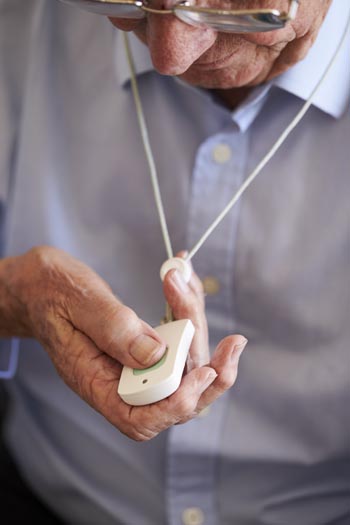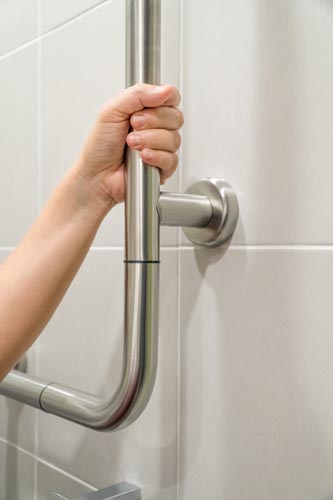Providing Safe Environments for Seniors and Elderly Adults Residing in Manhattan, Brooklyn, Bronx, Queens, Staten Island and Nassau County.
 Aging in place has been recognized to have greater value now more than ever before. Moving the elderly during their frail senior years can prove to be fatally traumatic. As such, it’s so important for your loved ones to stay in their homes, even though the trials aging may bring about. However, to keep them home, you must consider senior elder-proofing and home safety.
Aging in place has been recognized to have greater value now more than ever before. Moving the elderly during their frail senior years can prove to be fatally traumatic. As such, it’s so important for your loved ones to stay in their homes, even though the trials aging may bring about. However, to keep them home, you must consider senior elder-proofing and home safety.
Remaining at home means you must make sure the environment is safe and there is enough coverage. This is when elder-proofing and emergency response systems in the form of a necklace, bracelet or watch can come in handy. It can be crucial should the senior fall or have a catastrophic event while alone.
It is important to consider the physical landscape when aging at home. Places like the bathroom and kitchen will need elder-proofing to make a safe living environment, taking into account new physical limitations.
Certain adjustments make the environment safer and home care easier. This would also be a good time to check that the smoke and carbon monoxide detectors in the home are in good working order.
 In the bathroom, the installation of a raised toilet seat in the bathroom can prove essential. A portable toilet containing a bucket, grab-rails and raised seat in the bedroom may be necessary and the use of adult diapers can help alleviate accidents. When taking a shower or bath, make sure the levers or knobs are clearly labeled and elongated for easy use and rubber mats and shower chairs will help prevent falls.
In the bathroom, the installation of a raised toilet seat in the bathroom can prove essential. A portable toilet containing a bucket, grab-rails and raised seat in the bedroom may be necessary and the use of adult diapers can help alleviate accidents. When taking a shower or bath, make sure the levers or knobs are clearly labeled and elongated for easy use and rubber mats and shower chairs will help prevent falls.
For the bedroom, a light switch or lamp near the bed will make illuminating a dark room easy. Make sure area rugs are removed as they are tripping hazards. Handrails on stairs should be checked and, if you use the stairs multiple times in the day, consider adding a stair-lift.
A combination lock cam be installed directly in the front door for easy emergency access into the senior citizen’s home. If you would prefer to avoid the hassle and expense of changing locks, a lock box commonly used by real estate agents is a handy item. These are boxes that hold a key and go around the handle of the front door. They are opened via a combination lock which the patient can give to whomever they wish so they need not be bothered to get up to answer the door. It is also an affordable safety device should someone who normally would not have a key need immediate access.

